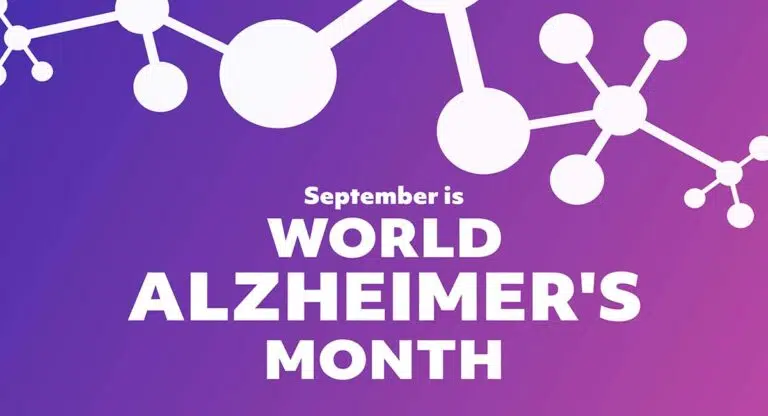V. Supporting the Caregiver: You Are Not Alone
The Emotional Toll of Caregiving
Caregiving is an act of deep love, but it often comes with its own set of emotional challenges: guilt, stress, anxiety, grief, and isolation. The weight of those feelings can sometimes feel overwhelming, especially when you’re concerned about what the future will bring.
What many caregivers don’t realize is how caregiving can negatively impact your health. Chronic stress can weaken your immune system, increase your risk of anxiety and depression, and take a toll on your overall well-being.
Taking care of yourself isn’t selfish. It’s necessary. Practicing self-care ensures you can keep offering the love and care your loved one needs.
Self-Care Strategies for Caregivers
“It's normal to feel overwhelmed. Seeking support from caregiver groups or professional counselors can help navigate the emotional strain.”
- Dr. Tam Cummings
Physical Well-Being
- Aim for 7-8 hours of sleep each night.
- Move your body daily, even if it’s a short walk.
- Eat healthy, balanced meals.
- Keep up with your own health needs.
Emotional and Mental Health
- Acknowledge your feelings.
- Ask for help when needed.
- Take breaks and practice mindfulness.
- Stay connected with loved ones and caregiver support groups.
- Consider therapy or counseling.
Emotional and Mental Health
- Acknowledge your feelings.
- Ask for help when needed.
- Take breaks and practice mindfulness.
- Stay connected with loved ones and caregiver support groups.
- Consider therapy or counseling.
Building a Support Network
When Is it Time for Memory Care?
It’s always okay to ask for help.
- Join local and online Alzheimer's Support Groups.
- Hire temporary respite care for much-needed relief.
- Consider therapy and counseling to support your mental wellness.
Watch: Compassion Fatigue and Caregiver Stress What Every Caregiver Needs to Know by Dr. Tam Cummings



